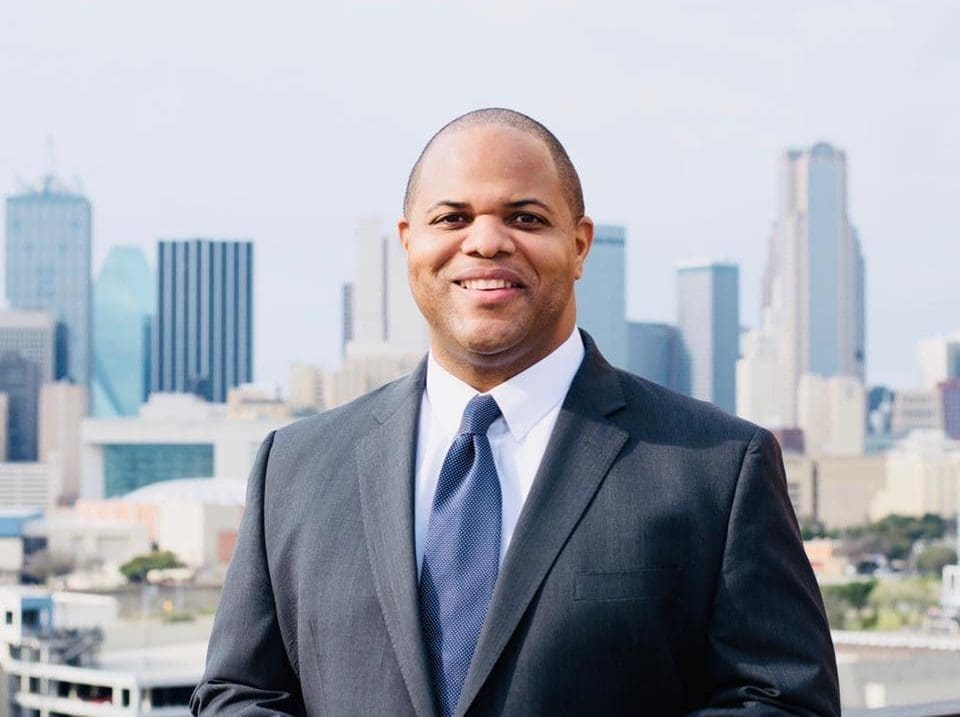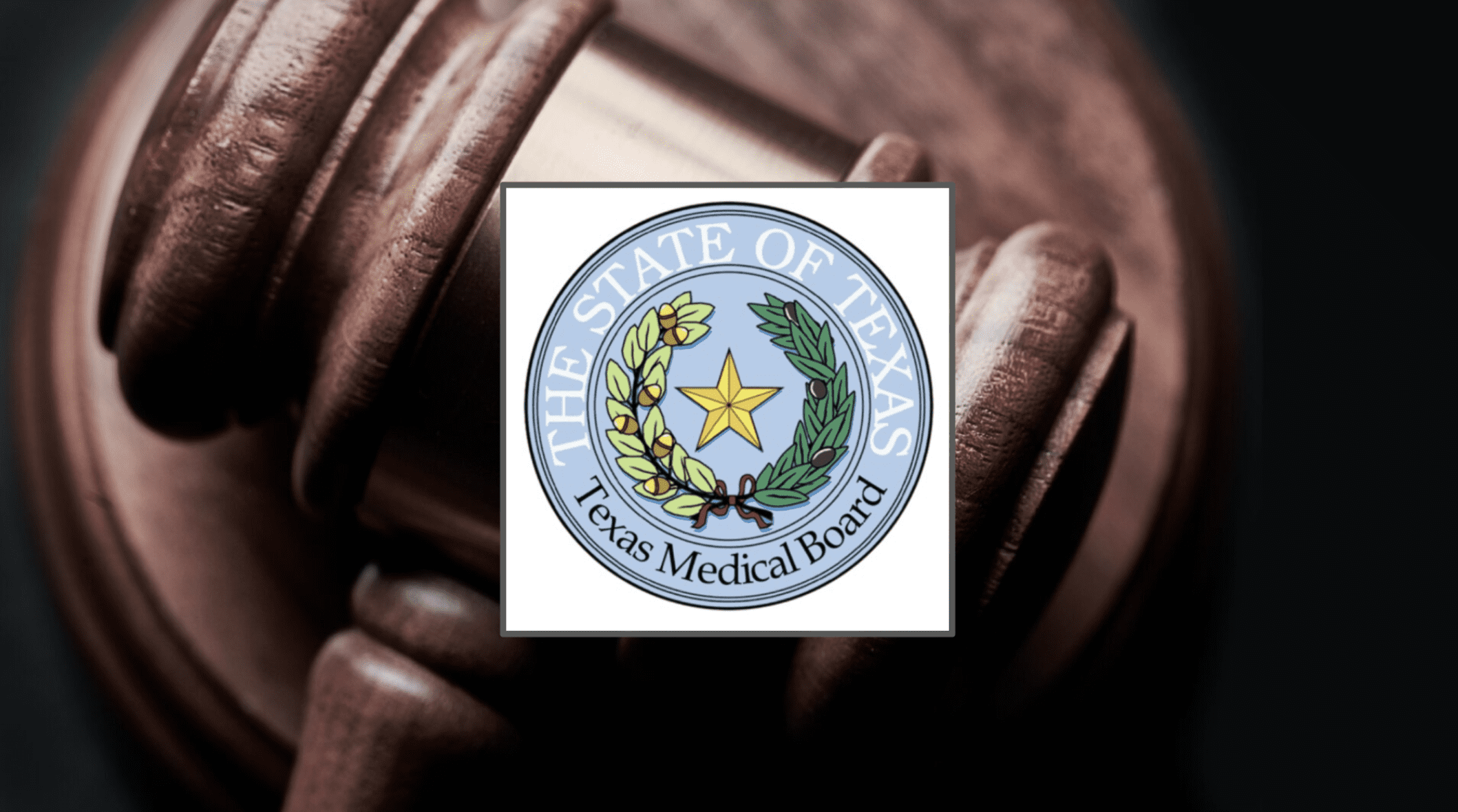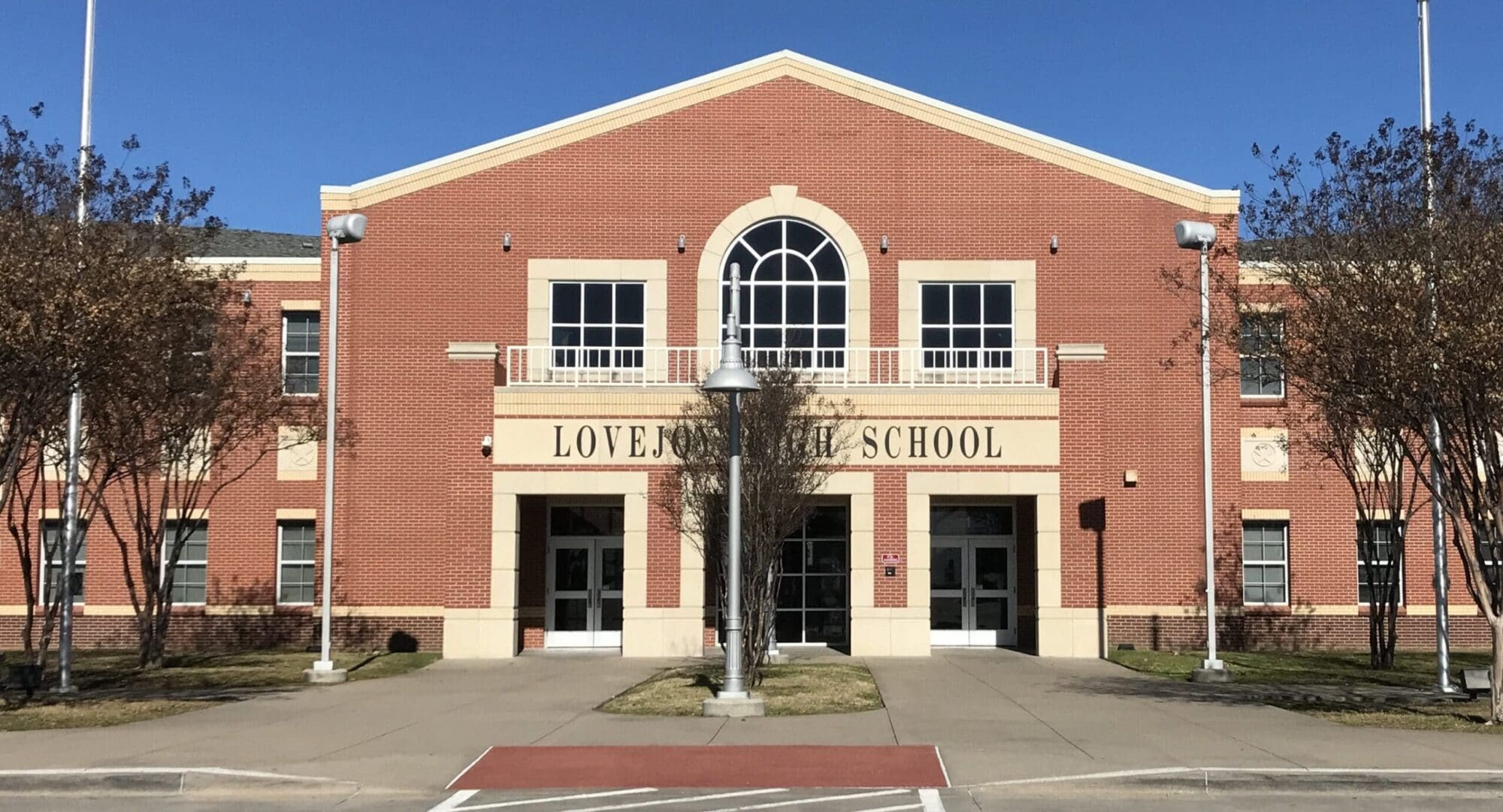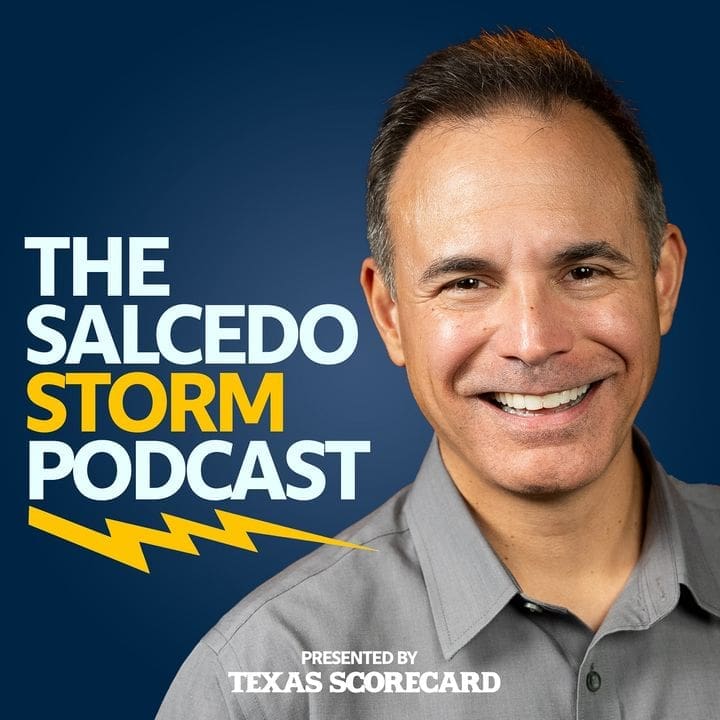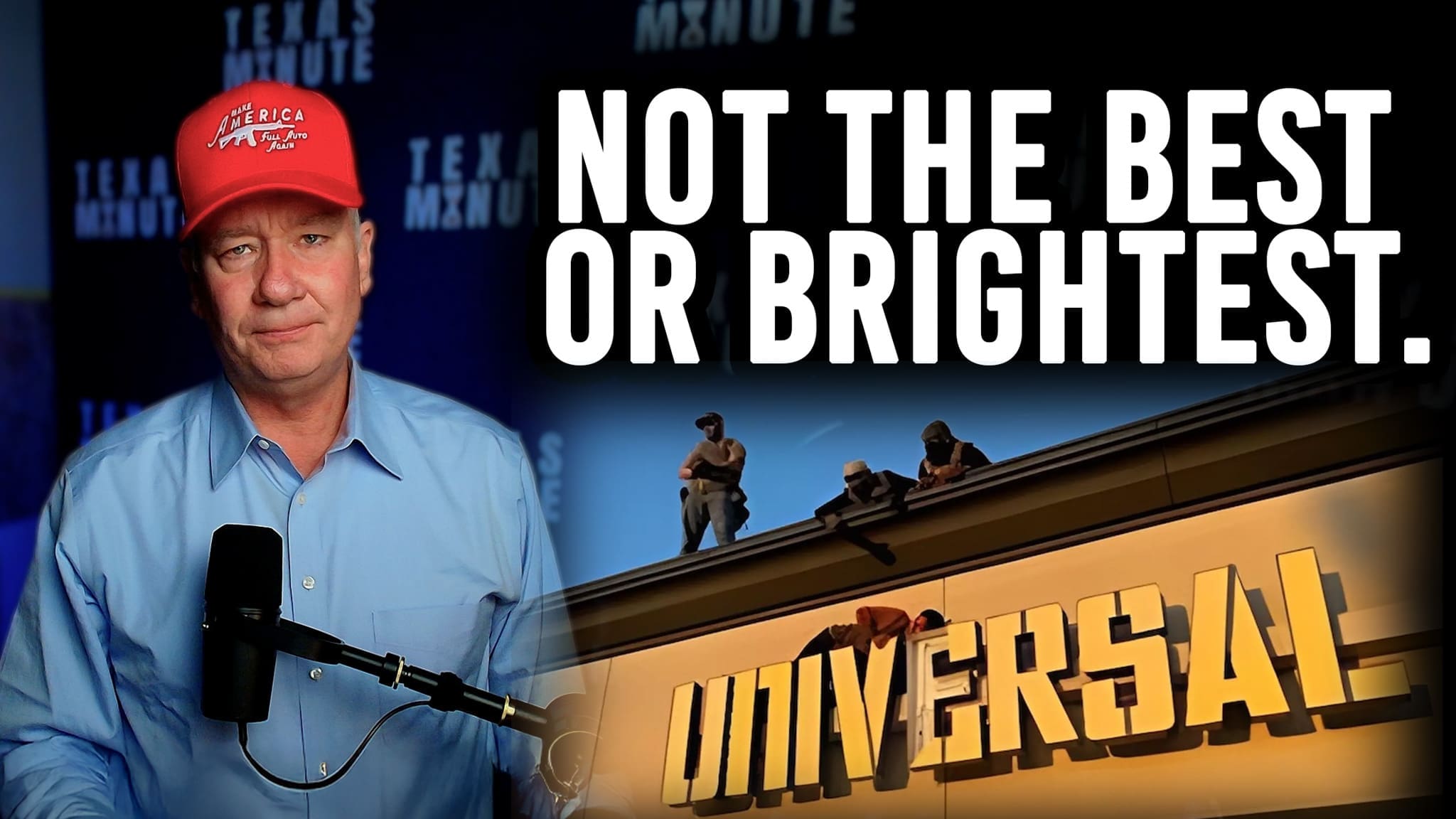In the first part of an exclusive interview with Texas Scorecard, Dallas Mayor Eric Johnson discusses last September’s police overtime cut, how it’s affected the city, and what citizens should do about it.
Last September, 11 Dallas City Council members voted to cut $7 million from the police overtime budget. The motion was made by Councilmember Adam Bazaldua, who originally proposed raiding most of the $7 million to fund other government projects, such as green energy. Citizen outrage over the cut resulted in council members reassigning most of the $7 million to move 95 police officers from desk work to patrol by hiring an equal number of civilians.
But the overtime cut still happened. Only three council members sided with the citizens, voting against it.
Mayor Johnson was the fourth vote against the overtime cut. He agreed to an interview with Texas Scorecard.
After pressure from citizens, Councilmember Adam Bazaldua amended his proposal to use most of the $7 million to move approximately 95 police officers from desk to patrol. Months afterward, what has the effect of this been on the police and the city?
“I supported civilianization, but using police overtime funding to do it was absurd. Only 16 positions have been civilianized, and we have lost a net of 55 officers, based on the most recent report I received from the city manager’s office.
“Of course, we are now on pace to go over-budget on police overtime. Some city council members are scrambling to find money to help supplement the police budget. And key violent crime categories remain too high. The whole exercise was preposterous and pandering.”
What actions did you take after Councilmember Adam Bazaldua made his proposal to take $7 million taxpayer dollars from police overtime and use it to grow city government elsewhere?
“I took my displeasure with the nonsensical police cut to the public and tried to get the word out in every way I could, which I know irked some who didn’t appreciate that kind of scrutiny and did everything they could to try to silence me. But accountability is vital. Cutting police overtime was the wrong thing to do. The city council members who supported that cut needed—and still need—to answer for it.”
What were you hearing from Dallas citizens on this issue?
“What the people of Dallas want from their city government is for their leaders to make a commitment to public safety and to infrastructure, and to do so at the lowest property tax rate possible. They do not believe it makes any sense to cut police overtime with a shrinking police department, swelling response times, and increasing violent crime.”
What are you hearing from citizens since the police overtime vote?
“What I am hearing is primarily that our residents want to live in safe communities and that they need help. They want to be able to call 911 and get a swift response. They want police to get criminals off their streets. They don’t understand the overtime cut, and I don’t blame them.”
What’s your response to mainstream media framing this as a personal conflict between yourself and the council members?
“It comes off as silly and unserious. Being an elected official is about public service, not about how any city council member feels about me personally or whether I want to go out to a bar with them. That is a distraction from the major issues that actually affect the people of Dallas. We are not at city hall to entertain people or to make friends. We are there to work on behalf of our residents.
“Public safety should be the top priority. That has been my focus, and I encourage the people of Dallas to demand that of their city council members, as well.”
Texas Scorecard has noticed a number of candidates for city council are running who were either a part of or believe in defunding the police. It’s now being called “redirecting funds” for social services, housing, and other government programs. This is largely what “defunders” were demanding last year. Do you think citizens and yourself will have to face attempts to defund the police again in the council’s budget discussions this year?
“I hope not, but that is up to voters. They ultimately decide whether to hold these city council members accountable for their votes and their actions. The ballot box is a powerful tool.
“I would encourage our residents to elect people they trust will look out for the best interests of the city.”
After the tragic death of George Floyd in Minneapolis, the far left demanded local officials defund the police. At what moment did you decide this isn’t the answer to deal with bad actors in the police department, and why?
“I am always willing to talk about how we provide better services for the people of Dallas. Dogmatic thinking about any issue will stifle improvements in the lives of our residents. And while I was in the Texas Legislature, I wrote bills that have helped bring transparency to policing through body cameras and the reporting of police shootings. We have a real problem with racial injustice in our country, and while we’ve made progress, there is still much more work to be done to ensure equality under the law and equity in society.
“But public safety is a core function of city government. In Dallas, we have seen violent crime increases, growing response times, and a shrinking police department. We do need to spend money on other initiatives that make us safer, such as RIGHT Care and the recommendations of the mayor’s Task Force on Safe Communities, but that cannot come at the expense of adequately funding law enforcement.
“While we need to make investments in long-term solutions that strengthen neighborhoods, there are still criminals who must be stopped in the meantime. That’s what police do. And the city council members who tried to cut police overtime were wrong for doing so because they took away an important tool from them.
“I support police reforms, but we cannot cut our way to becoming a safer city. Doing so is inherently inequitable because it doesn’t consider the plight of the tens of thousands of victims of violent crime in our city every year. To thrive and grow, people need to feel safe.
“In too many neighborhoods, too many people have to live in fear. We need all kinds of solutions, but we cannot pretend the police department has no role in taking violent offenders off our streets.”
What would you ask of citizens this year during the local election season and when the council begins its budget discussions?
“I would ask them to hold their elected officials accountable and to vote for the person who represents the best interests of your family, your community, and your city. Because the election isn’t about the elected official. It’s about you and your interests.”
Early voting for the May 1 election runs from April 19-27. All 14 Dallas City Council seats are on the ballot.
